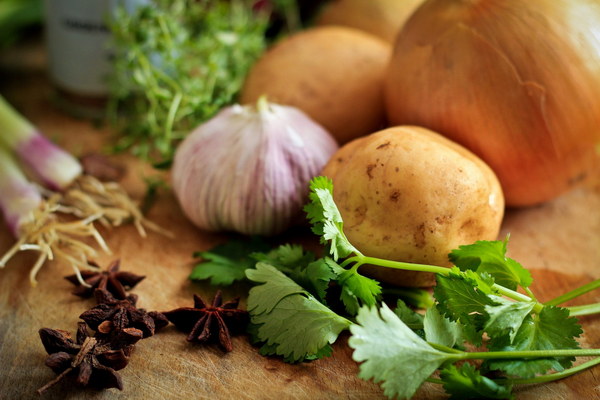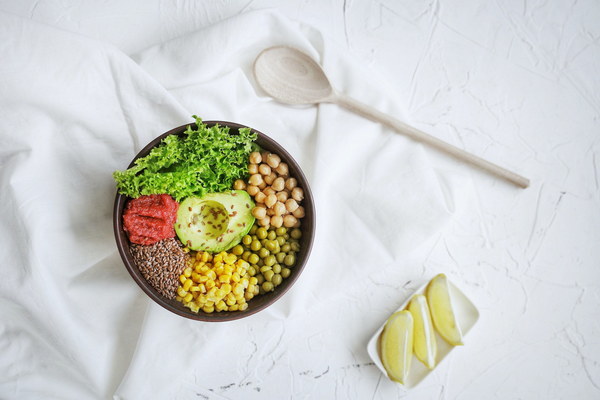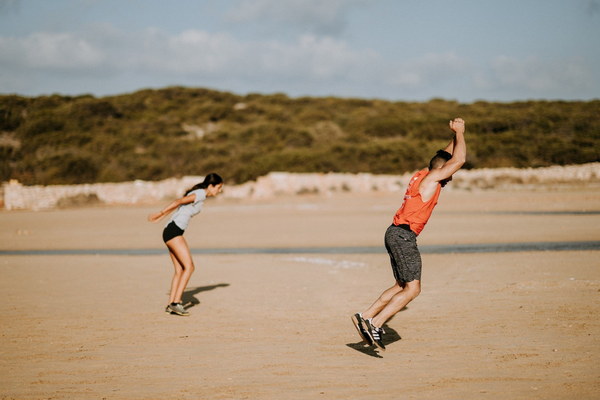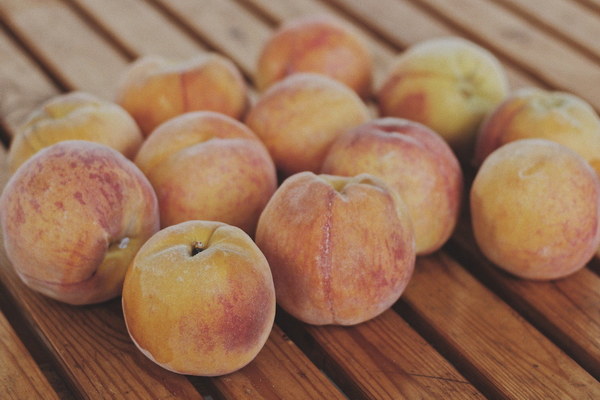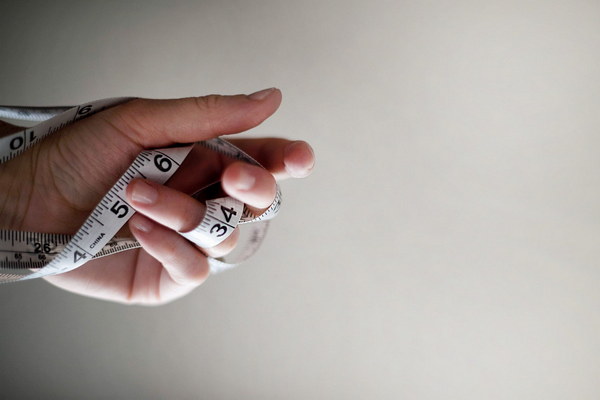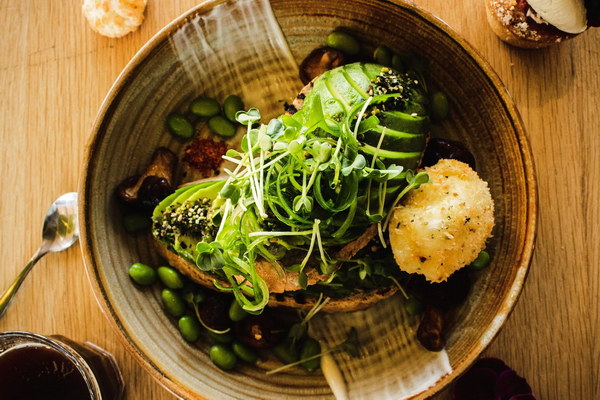Should You Turn to Traditional Chinese Medicine for Itching Relief
In the realm of holistic health, the question of whether to turn to traditional Chinese medicine (TCM) for relief from body itching arises frequently. Body itching, or pruritus, can be a symptom of various conditions, ranging from simple skin irritations to more complex internal disorders. This article delves into the world of TCM and explores whether it may be an effective solution for those seeking relief from this often uncomfortable and persistent symptom.
Understanding Body Itching
Before delving into the use of TCM, it's essential to understand the nature of body itching. Pruritus can be caused by a multitude of factors, including allergic reactions, skin conditions such as eczema or psoriasis, insect bites, dry skin, and more serious health issues like kidney disease or liver dysfunction. Itching can be localized to specific areas or may be generalized throughout the body.
Traditional Chinese Medicine: An Overview
Traditional Chinese medicine is a comprehensive system of healthcare that has been practiced for thousands of years. It encompasses a variety of modalities, including herbal medicine, acupuncture, cupping, tai chi, and dietetics. TCM views the body as an interconnected whole, where the balance of yin and yang, and the flow of qi (vital energy), are crucial for health.
TCM and Itching: The Holistic Approach
In TCM, body itching is often seen as an imbalance in the body, which can manifest in various ways. For example, an imbalance in the liver or kidney meridians might lead to itching. Here's how TCM might address body itching:
1. Herbal Medicine: TCM practitioners may prescribe a combination of herbs to restore balance. Common herbal remedies for itching include those that support the liver, nourish the blood, and expel heat.
2. Acupuncture: Acupuncture involves inserting fine needles into specific points on the body. It is believed to stimulate the body's natural healing processes and restore balance. Acupoints related to the liver, kidneys, and skin are often targeted in cases of itching.
3. Cupping: Cupping therapy involves placing cups on the skin, which creates suction to draw blood to the surface and promote healing. This can help alleviate itching by improving circulation and promoting the flow of qi.
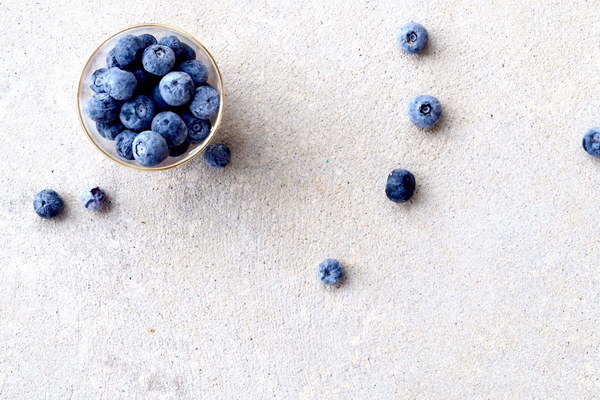
4. Dietary Adjustments: TCM emphasizes the importance of diet in maintaining health. Adjusting the diet to include foods that are beneficial for the liver and kidneys, and avoiding those that exacerbate itching, can be a key part of treatment.
Considerations and Precautions
While TCM can be an effective treatment for some forms of body itching, it's important to consider the following:
- Consultation with a Practitioner: Itching can be a sign of underlying health issues, so it's crucial to consult with a healthcare professional before beginning any treatment, including TCM.
- Complementary or Alternative: TCM should be considered complementary to, rather than a substitute for, conventional medical treatment.
- Quality of Herbs: The quality and purity of herbal remedies are important. It's best to use high-quality, standardized herbs from a reputable source.
- Side Effects: Some TCM treatments may have side effects, and these should be discussed with a practitioner.
Conclusion
The decision to use traditional Chinese medicine for body itching should be made after careful consideration of the individual's condition, the advice of healthcare professionals, and a thorough understanding of the potential benefits and risks. For some, TCM may offer a holistic approach to managing itching that aligns with their beliefs and values. However, it is essential to approach treatment with open communication and a willingness to explore all available options.
